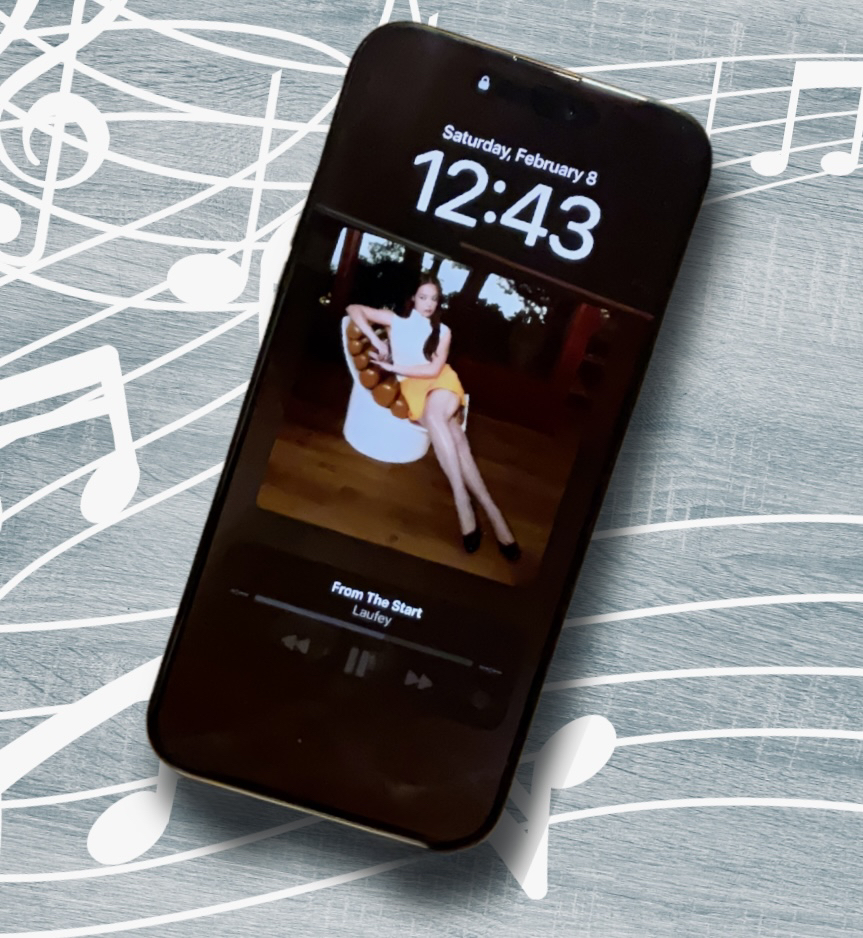Music. Music is a collection of coordinated sound or sounds.
Music is one of the greatest things to exist. We see it in nature, notably through birds and their songs, and anything can be music. There are thousands of genres of music, allowing for a huge variety of different tastes. One person can like one song, while another dislikes it just as intensely. This certainly proves that music is subjective, and because good music follows personal preference, there is a general rule that listening to music that one likes has benefits.
People have been listening to music since ancient times, using it to enhance their mood and well-being. Even the most ancient humans created primitive instruments, which led to our earliest musical expressions as a species. Medieval and Renaissance periods saw the development of religious music. The Classical and Romantic eras increased the complexity and emotional expression of their compositions. The 20th century massively widened the amount of genres, introducing everything from jazz and rock to electronic music.
All of that has led us to where we are today, where there are thousands of genres to choose from and music that anyone can listen to, just depends if you can find your taste (don’t worry, it takes time! You’ll get there!)
Researchers* used a combination of images and film clips to induce anxiety in participants and then had them listen to different types of music. They measured things like brain activity using EEG and also tracked how the participants felt through questionnaires. So, what did they find? Well, the study suggests that music can indeed have a positive effect on reducing anxiety. They noticed changes in brain activity, particularly in the occipital lobe, which is involved in visual processing. It seems that music might help to calm down this area when anxiety is high.
The researchers also looked at how different musical elements, like tempo and chord progressions, might play a role. Interestingly, they found that the type of music and a person’s personality and coping style can all influence how effective music is at reducing anxiety. Basically, different emotional music can lead to different patterns of brain connectivity when dealing with anxiety. They concluded that music could be a valuable tool, especially when combined with other anxiety interventions. This is just one study, but it gives us some interesting ideas of the power of music and its potential for managing anxiety.
Music is more than just a beautiful sound, on a casual listen, one enjoys the sound of the music. Enjoy the beat, sing the song and have a jolly time. On a deeper, and more serious listen, maybe when you’re sad or just have the time to fully engross yourself in the music; you begin to understand the music, the meaning behind it, and what you think it is about. Maybe you relate to the song and what is being said or maybe you understand how the artist felt when writing it. That’s what makes music so great. This relationship to the music helps you understand how you feel, and that allows you to see that you are not alone, and that there are other people who have undergone similar events in their lives.
It can be about love, or it can be about how they’ve been sad and lonely. The idea of not feeling alone is good enough to prove that music helps people more than just sounding good. It provides an unmatched comfort because music can be listened from anywhere now with the introduction of music streaming apps, and most of these deep tend to occur when alone. Music writing has just as much of an impact as music listening, writing allows for the ability to place one’s emotions into words. Music allows people to explore themselves, in ways that make things clearer than reading a book or talking to someone.
You have that time to yourself to listen to music, and maybe it inspires you to do something new. The hardest thing to do in life is change, because it’s easy to live in comfort; and by listening to music, we enjoy ourselves, when finding the music you love, you give yourself an identity. Sometimes the music can influence how you live, it resonates with you to the point of where you act differently, usually for better.
Or the music just sounds really good, like really, really good. Personally, I found Laufey. I wasn’t really into jazz, or jazz pop for that matter, but once I heard her rendition of “Winter Wonderland,” I was instantly hooked, looked at her discography and really enjoyed her music. This shifted my music taste from being just hip-hop/rap, and adding a preference for gentler, more soothing songs. And I don’t regret a thing, because those softer sounds allow me to relax, and my favorite songs are those I can relate to. This proves that anyone’s music taste can change; it doesn’t have to be fixed from the start.
* Huang, Binxin, et al. “The Benefits of Music Listening for Induced State Anxiety: Behavioral and Physiological Evidence.” Brain Sciences, vol.
11, no. 10, Oct. 2021, p. 1332, https://doi.org/10.3390/brainsci11101332. 8 Feb. 2025
